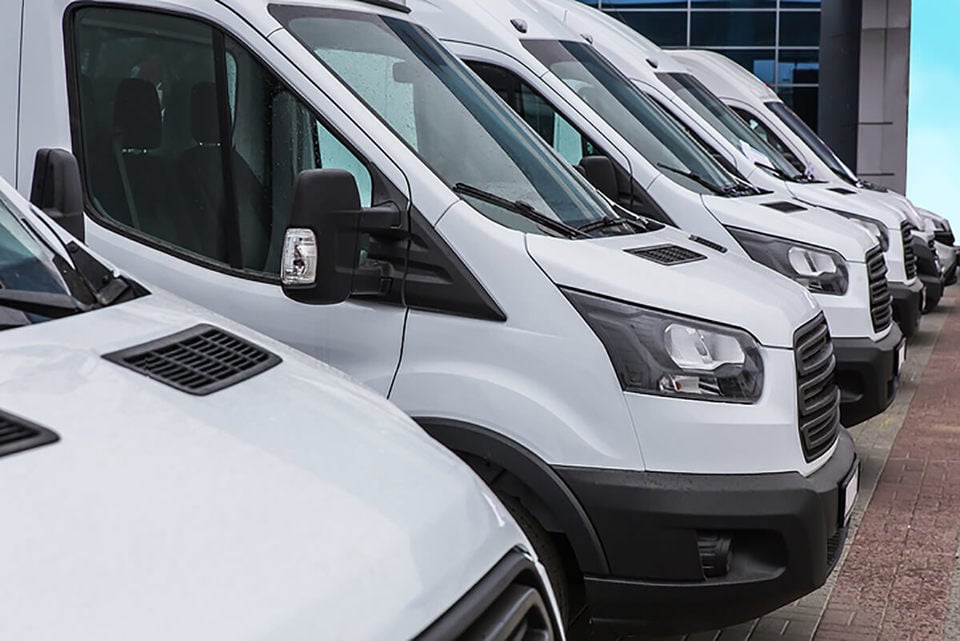There are 10% more ageing vans on UK roads than a year ago, with 1.19 million vans at least a decade old in 2015, up from 1.08million in 2014 - as businesses put off decisions to upgrade vehicle fleets.
According to leasing broker Funding Options this means that 33% of all vans are now ten years old plus, with the number rising steadily since the credit crunch. In 2009, there were just fewer than 730,000, or 23% of the total stock, that were over ten years old.
The company believes the reason why businesses are continuing to retain vehicles for longer despite improvements in the economy is likely to be because bank lending to SMEs remains constrained, making it harder to fund new investment.
Conrad Ford, CEO of Funding Options, said: “If your business is using rundown vehicles it could damage your brand enormously. Customers think it looks unprofessional, and sweating these assets beyond their reliable lifespan is likely to lead to hefty maintenance and repair costs and the risk of unexpected failure.”
“If unreliability causes the provision of goods and services to be delayed or cancelled at short notice, it could have a disastrous impact on brand reputation and end up costing businesses dear. With demand for mobile services and deliveries soaring with the rise of e-commerce and the app economy, this is a key consideration.”
“Many SMEs held back on investing in new vehicles during the recession, but now even as the economy has strengthened, they appear to be either unwilling or unable to commit to these kinds of major capex decisions. Many are keen to invest in energy-efficient electric vehicles but lack the available resources to do so.”
“Availability of bank lending remains an issue for many, but confidence is also a factor. With the economic outlook becoming more uncertain once again post-Brexit, businesses may feel that the time still isn’t right to make major lump sum capital investments up-front.”
“This combination of factors is causing many businesses to investigate alternative finance options, such as leasing, asset finance or even invoice finance, to enable them to spread the cost of new vehicle purchases without impacting working capital or hitting the bottom line.”

















Login to comment
Comments
No comments have been made yet.